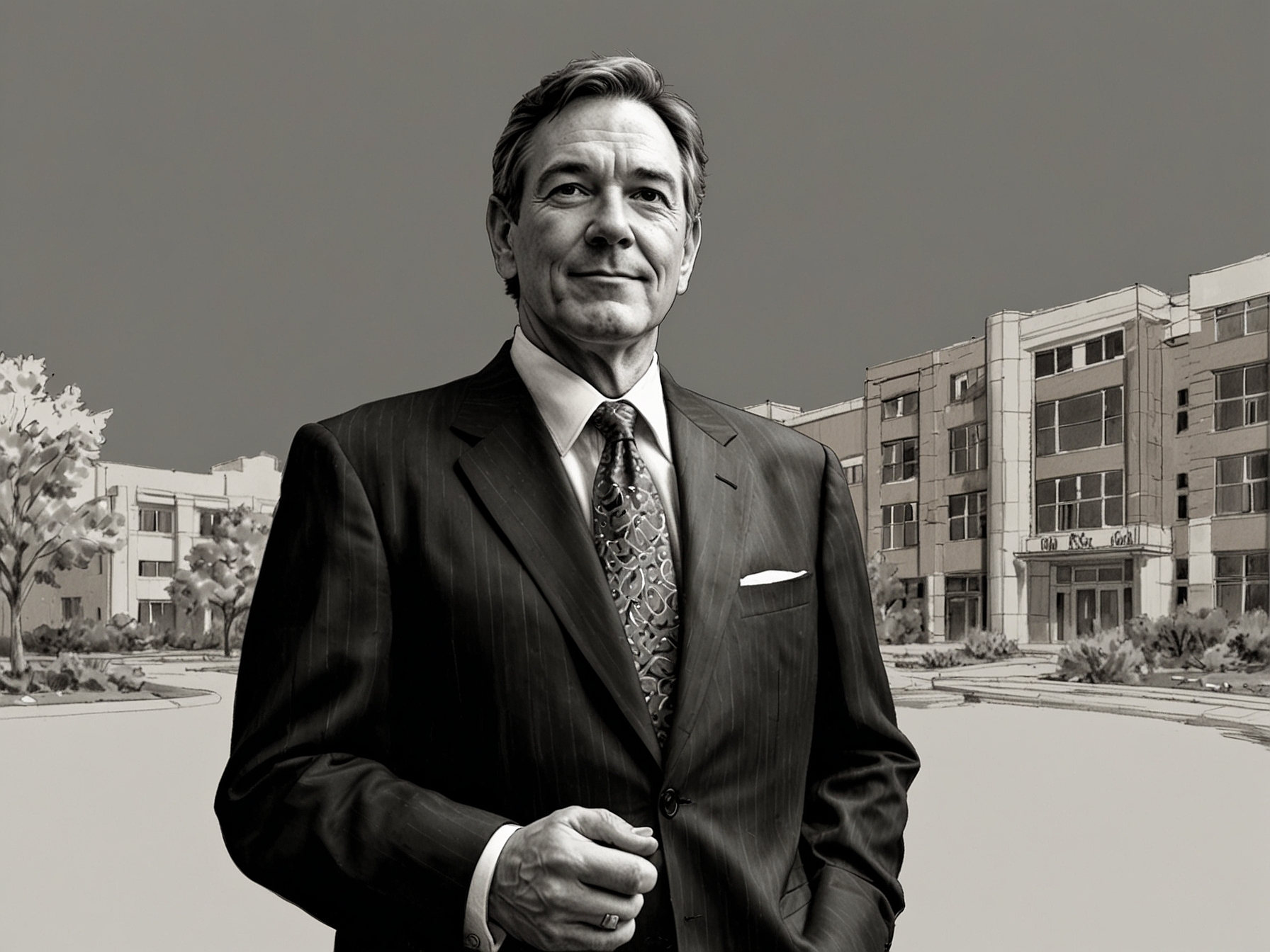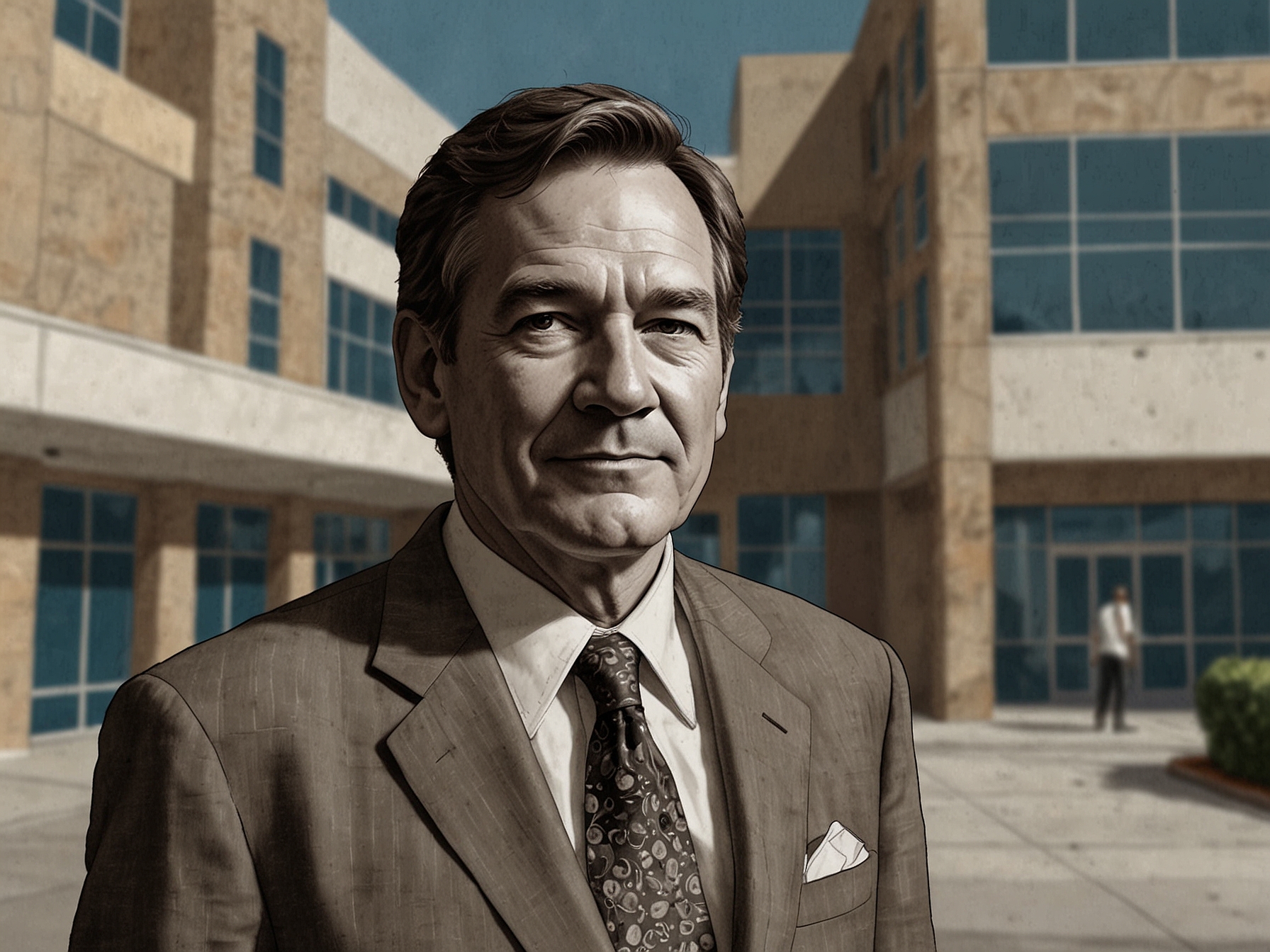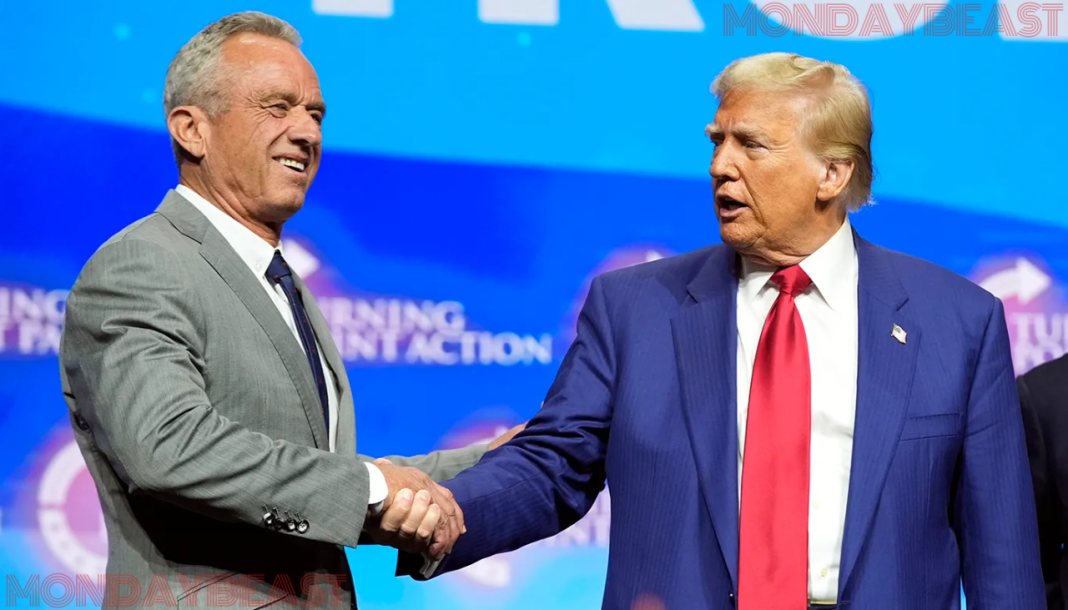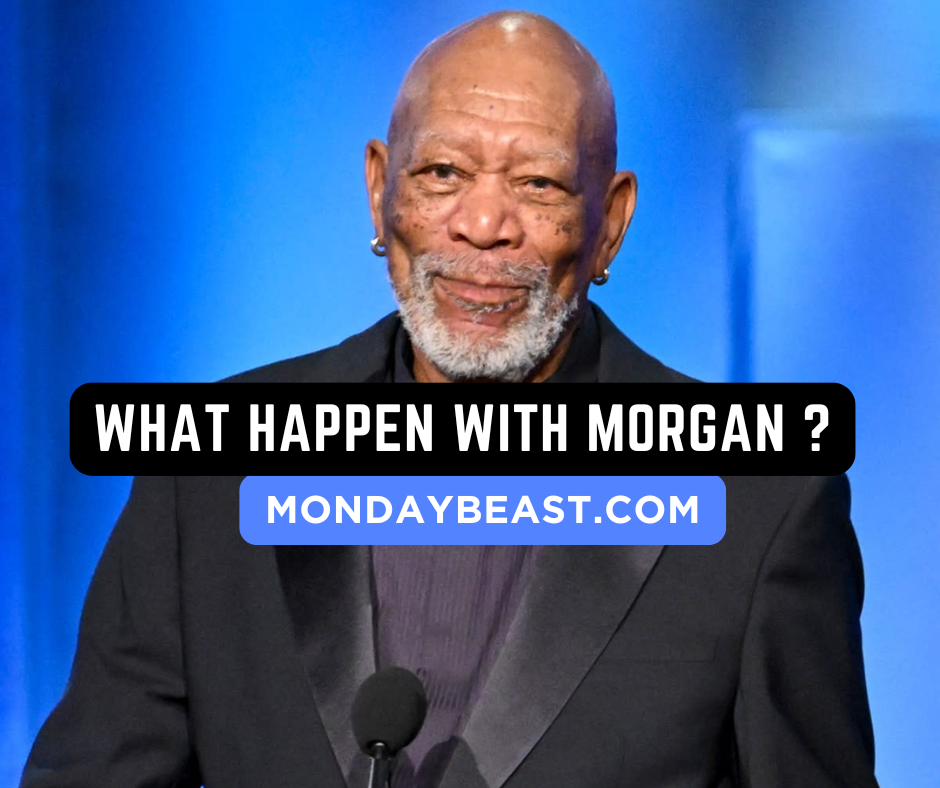In a surprising move, President-elect Trump has tapped Jim O’Neill to be the Deputy Secretary of Health and Human Services. Joining forces with Robert F. Kennedy Jr., O’Neill is set to tackle America’s healthcare challenges head-on. Their mission? To ‘Make America Healthy Again.’

O’Neill’s previous roles paint an intriguing picture. He’s no stranger to high-stakes positions. As a managing director at Mithril Capital Management and a former principal associate deputy secretary at HHS under President Bush, he enters this role with experience. Yet, some question his suitability. Trump’s choice has sparked debate across healthcare circles.
Notably, an earlier suggestion had O’Neill in line for the FDA leadership. This consideration raises questions about his vision for public health. His remarks on drug approvals reflect a controversial stance. In a speech back in 2014, he suggested the FDA should prioritize safety alone when evaluating drugs—igniting concern among health experts.

The implications of O’Neill’s philosophy are significant. Critics argue that separating safety from efficacy could endanger public health. Can we afford to let unverified drugs reach the market? Experts say no. They caution against undermining the FDA’s mission. Given the current climate of health apprehensions, such an approach may not resonate well.
A key issue for O’Neill and Kennedy will be how they handle the public’s trust. Health initiatives require transparency and accountability. Americans are rightfully anxious after years of pandemic stress. They want leaders who prioritize their well-being. Does O’Neill possess the vision to quell these fears?

As they prepare to take the helm, the duo must navigate complex healthcare landscapes. They face scrutiny from various angles. Some advocates worry about O’Neill’s financial ties, especially with billionaires like Peter Thiel. Transparency in leadership will be crucial for them. How will they respond to the public’s demand for clarity?
Throughout his career, O’Neill has shown a willingness to challenge norms. But will that translate into effective policy changes within HHS? The joint mission with Kennedy presents both an opportunity and a risk. The road ahead won’t be smooth, yet if done right, it could lead to substantive improvements in American health.
As they embark on this journey, both O’Neill and Kennedy must keep the public’s needs at the forefront. They have a chance to redefine what it means to lead in health services. The question remains: will they rise to the occasion?
The world watches as they lay out their plans. Transparency, safety, and efficacy must be balanced. The stakes are high, and the challenge daunting. For an administration eager to heal the nation, how they navigate this will be crucial.
In conclusion, O’Neill’s nomination might just be the spark the health sector needs. Or it may plunge us into further controversy. The conversations that arise will shape the future of healthcare in the U.S. Will they make it work, or will doubts overshadow their efforts?




